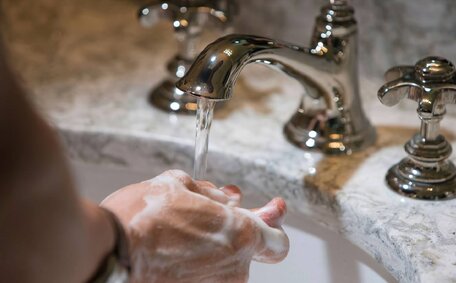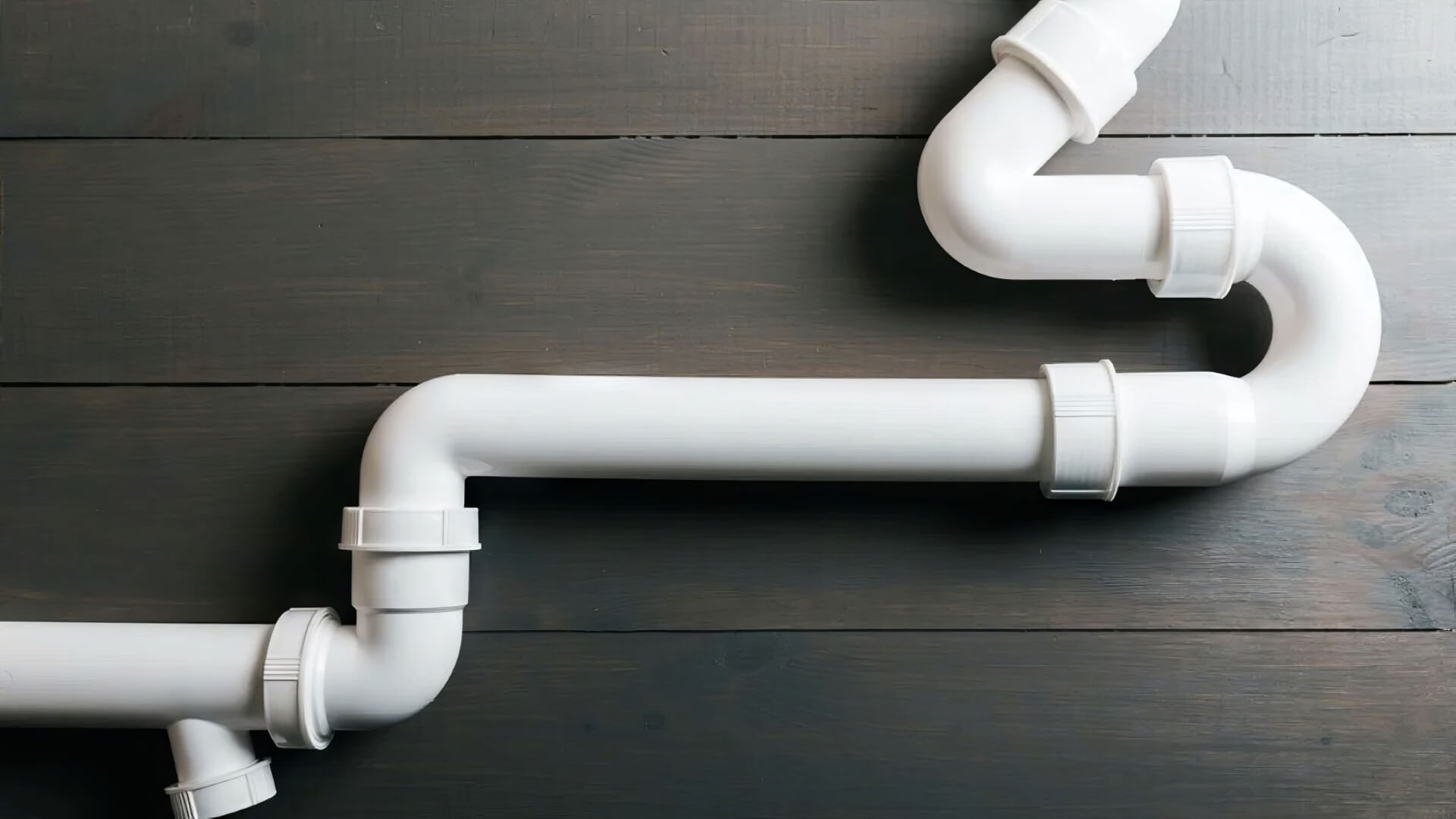Identifying Early Warning Signs of a Clogged Drain
Spotting early signs of a blockage is crucial for quick resolution. Look out for foul odours, slow-draining sinks or toilets, unexpected overflows, and gurgling sounds from your pipes.
In areas such as Lalor Park, Sydney, tree roots, waste accumulation, and mineral deposits are among the predominant causes of swift drain blockages. Knowing how debris builds up in drains empowers you to tackle blockages proactively, avoiding complex plumbing repairs.
Identifying these symptoms suggests an insight into how to clear blocked blockages when using various methods is warranted. Subsequent sections will guide you on methods to unblock drains according to the type of blockage, emphasizing the importance of quick detection for timely action.
Locating the Source of the Clog
Identifying the specific location of a blockage, whether in a sink or shower, is critical to effectively clearing drains. Begin by examining your sink, shower drain, bathtubs, and toilets - the usual suspects for any issues - Inspect for water pooling slowly or overflowing from fixtures, indicating something may be slowing down drain flow.
Also, look for signs of blockages in easily accessible pipes under sinks, and in basements or crawl spaces. Check for any water backups or leaks as they can indicate a blockage. For outdoor drain problems, inspect the external drain and surrounding area for any stagnant water or foul smells indicative of blockages.
Once you locate the clog, you might use drain cleaners to gauge and address the drainage issue. And for severe clogs requiring professional attention, you can get your plumber all the necessary details to diagnose and fix blocked issues swiftly.
Clearing Simple Drain Clogs
For simple clogs, there are several DIY methods you can try to unblock drains before contacting a professional plumber. Start with safer options like boiling water, baking soda, vinegar, or a plunger to unblock drain.
Boiling Water
To clear blocked areas by dissolving stubborn build-up, pour boiling water down from your kettle into the drain. Let the hot water seep through the pipes for a few minutes to flush the drain and clear blockage, followed by a cold water rinse.
Repeat the boiling water method as necessary; it’s an effective way to flush away obstructions in sinks and tubs.
Baking Soda and Vinegar
After covering the drain for 5-10 minutes to contain the reaction, rinse thoroughly with water.
Pour half a cup of baking soda followed by one cup of hot vinegar down the drain, a combination known for its effectiveness in Gold Coast homes.
Plunger
You can pour some hot water to soften the clog, then proceed using a plunger over the drain opening, plunging vigorously several times to clear blocked drain effectively.
Start plunging gently to avoid splashes and ensure a tight seal for better efficiency, but don’t use excessive force to avoid damage.
For tough clogs, a DIY drain auger crafted from a wire coat hanger can be an effective extraction tool. Using equipment, be careful not to scratch your pipes or push debris deeper, which could worsen the clog.
Removing Tough Blockages
When severely blocked drains don’t yield to simple DIY methods, opting for a professional plumbing service to conduct a drain camera inspection becomes necessary.
Drain Snakes
Use a hand crank or electric drain snake auger to reach deeper into pipes and clear stubborn clogs, making them ideal for complex blockages. Feed the flexible cable of the drain snake auger into the pipe and twist to grab and extract debris. Use caution not to scratch pipes or push blockages further down.
Hydro-Jetting
Hydro-jetting with intense pressure water streams can efficiently clean your plumbing system’s internal pathways. Professional plumbers, who understand the struggles inside pipes and can contend with the toughest clogs, often have pipe relining options and truck-mounted units delivering up to 5000 PSI to tackle various blockages. This powerful method can unblock drains and thoroughly cleanses the full pipe length.
Caustic Soda
While lye-based caustic cleaners like caustic soda are potent, they bear safety concerns when mishandled.
Only apply according to label directions, protecting your hands with rubber gloves as the proper gear when tackling your blocked drain. Especially avoid mixing with other cleaners, particularly for outdoor drains. Seek professional assistance managing any complications.
For challenging or outdoor plumbing conundrums, reach out to your local experts at Lalor Park Plumbing who have the right tools for the job. Our licensed technicians specialise in drain cleaning, utilising the latest equipment to address blockages without harming your plumbing system. For immediate assistance, call 1300 349 338
Preventing Future Clogs
Averting obstructions in your drains initially is the optimal strategy to dodge emergency blockage situations. There are several drain maintenance steps homeowners can take:
Use Drain Strainers
Use strainers in sinks, tubs, and showers to catch food scraps, hair, and debris, and remember to clean them out regularly.
Don’t Flush Waste
Avoid pouring fats, oils, coffee grounds, and dish soap down the drain, as they commonly cause blockages. Only human waste and toilet paper should go down toilets.
Apply Eco-Friendly Cleaners
Regularly use bicarb soda and vinegar in your drains as a maintenance measure to prevent buildup, avoiding corrosive chemicals.
Inspect and Clean Pipes
Examine your pipes under sinks to see where leaks, damage or build-up can cause issues. Remove mineral deposits and have Lalor Park Plumbing conduct a professional inspection and cleaning of your main sewer pipes.
Preventative drain care can maintain clear pipelines and prevent environmental harm from clogs and backups. Feel free to contact us for regular maintenance or if you notice any signs of a clog.






